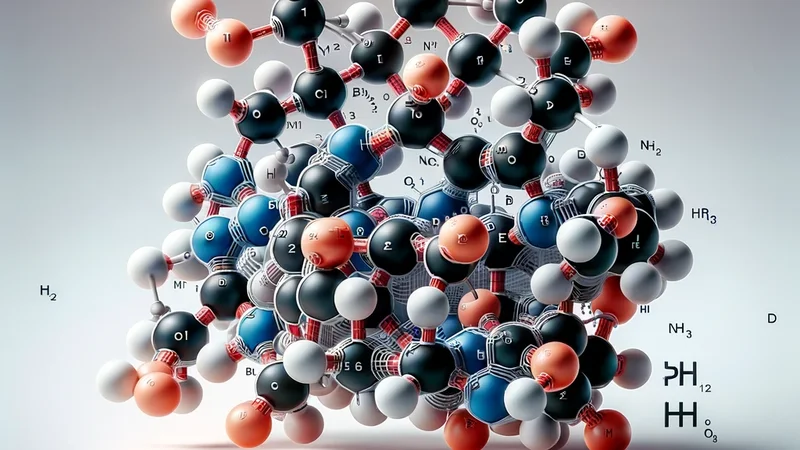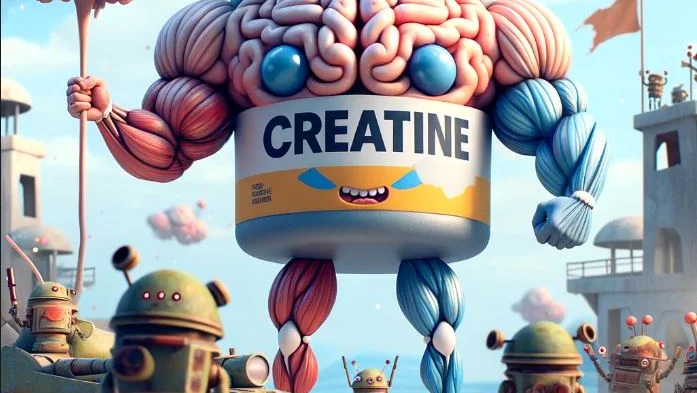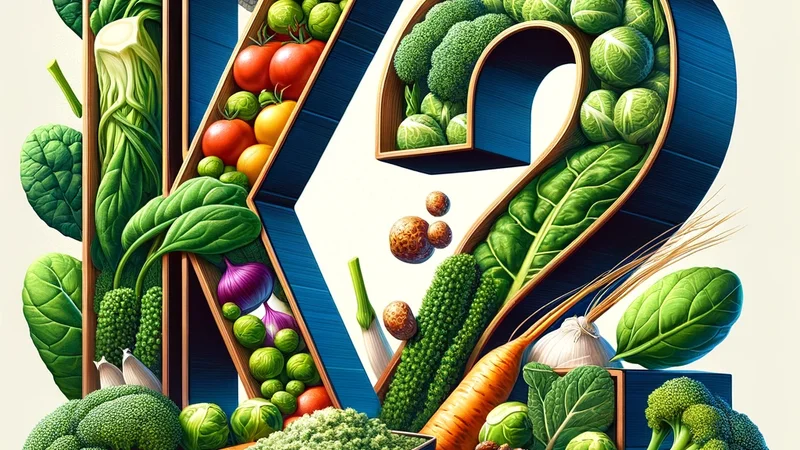Welcome to Veggicide, your ultimate guide to vegetarian health and wellness. Whether you’re new to vegetarianism or a seasoned plant lover, you’ll find everything you need to nourish your body and soul.
*
"Why did the tofu cross the road? To prove he wasn’t chicken."

Embracing a vegetarian lifestyle is a fantastic journey towards enhanced well-being, but it's crucial to navigate this path with an informed understanding of nutrition. Vegetables are not just colorful additions to your plate; they're powerhouses of essential nutrients. Imagine each bite of your favorite veggies delivering fiber to aid digestion, vitamin C to boost your immune system, vitamin E to protect your cells, magnesium to support nerve function, folate for new cell creation, and potassium to regulate blood pressure.
However, the vegetarian diet does have its nuances. Certain nutrients that are abundant in animal products need a bit more attention. Protein, often associated with meat, is vital for muscle and tissue repair. Iron, crucial for oxygen transportation in your blood, can be less readily absorbed from plant sources. Zinc plays a key role in immune function and wound healing. Calcium and vitamin K2 are essential for strong bones. Vitamin B12, primarily found in animal products, is necessary for nerve health and the production of DNA and red blood cells. Lastly, omega-3 fatty acids, known for their heart health benefits, are typically associated with fish.
But fear not! The plant kingdom offers abundant alternatives. Protein can be easily sourced from beans, lentils, and tofu. Nuts and seeds, along with their butters, are excellent for zinc and omega-3s. Fortified cereals, soy milk, and almond milk can help meet your B12 and calcium needs. And don't forget the versatile nutritional yeast, a favorite among vegetarians for its cheesy flavor and B-vitamin content.
Remember, it's not just about cutting out meat; it's about exploring the rich variety of plant-based foods. A well-balanced vegetarian diet, rich in diverse nutrients, can lead to lowered blood pressure, reduced risk of chronic diseases, and overall enhanced health. For those nutrients that are harder to come by, supplements can fill the gap. It's like putting together a colorful, nutritional puzzle - each piece brings something unique and essential to your health. With mindful eating and a little planning, your vegetarian journey can be both nutritious and delicious!

Vitamin B12
B12 is essential for maintaining the health of your blood and nerve cells and producing DNA. It also protects you from a kind of anemia that causes fatigue and weakness.

Creatine
Creatine is a molecule that plays a key role in energy production for high-intensity workouts. It is also beneficial for brain health and muscle growth. However, since meat is the main dietary source of creatine, vegans usually have lower levels of it in their bodies...

Vitamin K2
K2 is essential for regulating calcium in your body and supports bone and heart health. It comes from animal products, fermented foods, and gut bacteria

Brain Health
While a healthy diet, regular exercise, and good sleep are important for optimal brain function, some people may benefit from adding supplements to their routine. In this post, we will explore some supplements for brain health - creatine and bacopa monnieri.
Eating a vegetarian diet can offer numerous health benefits, but it's important to make sure you're getting all the nutrients your body needs. Our top 10 essentials for a vegetarian diet and lifestyle include protein-rich plant-based foods, dark leafy greens, vitamin B12 and D supplements, omega-3 fatty acids, fermented foods, exercise, whole foods, antioxidant-rich foods, and stress reduction techniques. Incorporating these components into your routine can help to promote overall health and well-being.
Eating a vegetarian diet can offer numerous health benefits, but it's important to make sure you're getting all the nutrients your body needs. Our top 10 essentials for a vegetarian diet and lifestyle include protein-rich plant-based foods, dark leafy greens, vitamin B12 and D supplements, omega-3 fatty acids, fermented foods, exercise, whole foods, antioxidant-rich foods, and stress reduction techniques. Incorporating these components into your routine can help to promote overall health and well-being.
- Protein-rich plant-based foods: As a vegetarian, it's important to ensure that you're getting enough protein from plant-based sources. Good options include legumes (beans, lentils, peas), soy products (tofu, tempeh), nuts and seeds, and whole grains.
- Dark leafy greens: Dark, leafy greens such as spinach, kale, and collard greens are packed with vitamins and minerals, particularly iron and calcium.
- Vitamin B12 supplement: Vitamin B12 is essential for nerve function and red blood cell production, and is primarily found in animal products. Vegetarians should consider taking a B12 supplement or eating B12-fortified foods such as plant-based milks or nutritional yeast.
- Omega-3 fatty acids: Omega-3 fatty acids are important for brain health and may help to reduce inflammation in the body. Good vegetarian sources include flaxseeds, chia seeds, and walnuts, or consider taking an omega-3 supplement derived from algae.
- Fermented foods: Fermented foods such as kimchi, sauerkraut, and tempeh contain beneficial probiotics that can help to support gut health.
- Vitamin D supplement: Vitamin D is essential for bone health and is primarily obtained through sun exposure, which can be difficult for vegetarians living in northern climates. Consider taking a vitamin D supplement or consuming fortified foods such as plant-based milks or cereals.
- Exercise: Regular exercise is important for overall health and well-being, and can help to reduce the risk of chronic diseases such as heart disease and diabetes.
- Whole foods: Aim to eat a variety of whole, minimally processed foods such as fruits, vegetables, whole grains, and legumes.
- Antioxidant-rich foods: Antioxidants are important for protecting the body against damage from free radicals and oxidative stress. Good vegetarian sources include berries, dark chocolate, and colorful fruits and vegetables.
- Stress reduction: Chronic stress can have negative effects on both physical and mental health. Consider incorporating stress-reducing activities into your daily routine, such as meditation, yoga, or spending time in nature.